While flax is not as strong as carbon or glass fiber, it offers excellent tensile properties for medium-strength applications. It is suitable for structural trim, panels, furniture components and other products where extreme load resistance is not required.
Natural Flax Fibers for Pultrusion Applications
Eco-Friendly Yarn, Tow and Sliver for Composite Manufacturing
Hemptique supplies natural flax materials engineered for pultrusion and composite production. These include single-ply linen yarns, tow fibers and high-grade slivers suited for lightweight, durable reinforcement in a range of composite profiles. Manufacturers aiming to reduce weight, improve sustainability or replace synthetic reinforcements can rely on our consistent quality and scalable supply. All products listed below are compatible with standard pultrusion processes.
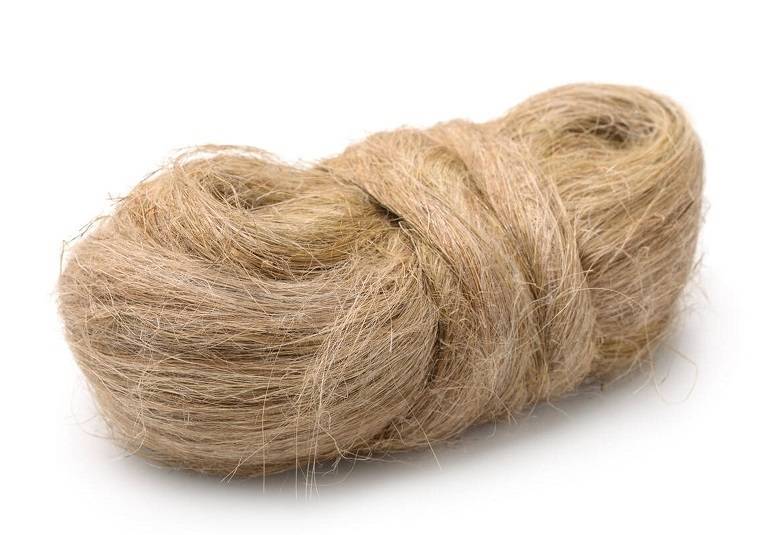
wholesale
Wholesale pricing, bulk quantities and ongoing supply support for commercial, industrial and professional buyers.
direct factory orders
Bulk orders fulfilled directly from production, supporting large volumes, repeat runs and predictable lead times.
traceability
Clear documentation of fiber origin, processing and material composition to support compliance and sourcing requirements.
Industry-Grade Consistency
Controlled specifications for thickness, strength and performance across batches used in commercial applications.
Flax-Based Composite and Pultrusion Materials
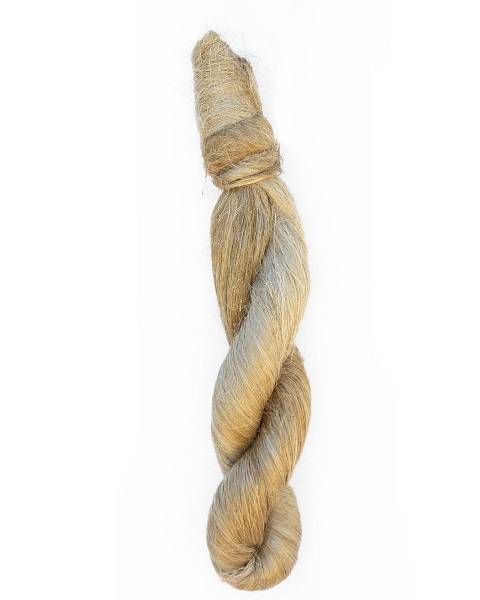
Flax Tow Fiber for Pultrusion and Composite Applications
Ideal for use as a natural reinforcement material in pultrusion lines. The long, continuous fibers are well-suited for alignment, resin impregnation and uniform curing - key requirements in composite profile manufacturing. With excellent strength-to-weight ratio and low environmental impact, flax tow offers a sustainable alternative to traditional synthetic fibers.
- Compatible with polyester and epoxy resins.
- Long-fiber flax tow, processed for industrial applications
- Clean, consistent fiber quality
- Suitable for thermoset pultrusion systems
- Available in bulk supply
- Size Options: 200g (7.0 oz) and 500g (17 oz)
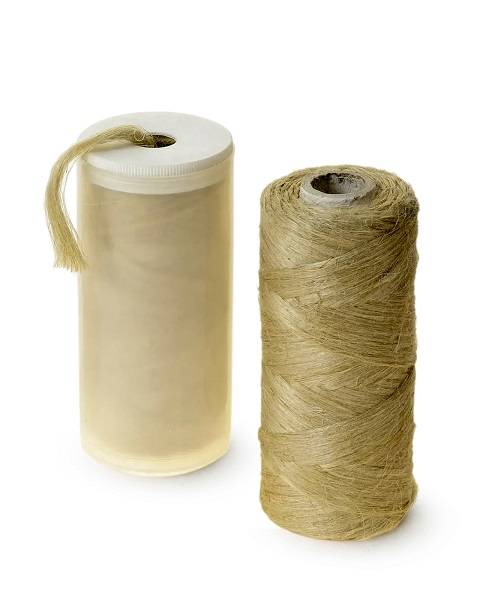
FLAX SLIVER FOR NATURAL FIBER
COMPOSITE PROFILES
Designed for consistent fiber alignment and uniform wet-out, this high-grade flax sliver is an excellent choice for bio-based reinforcement in pultrusion manufacturing. Its refined, parallel fiber structure supports stable processing through resin baths and heated dies. Ideal for applications requiring medium to low density reinforcement without compromising strength or sustainability targets.
- Fine, parallel flax fibers ideal for resin saturation
- Uniform structure supports smooth feed in pultrusion dies
- Excellent for hybrid or natural fiber composites
- Clean finish with minimal processing residue
- Size: 80g (2.8 oz)
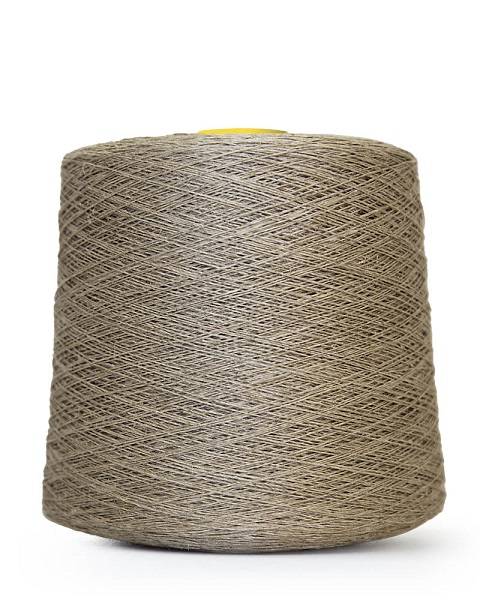
SINGLE-PLY FLAX FOR LIGHTWEIGHT COMPOSITE REINFORCEMENT
Manufactured for precision and consistency, and is suitable for pultrusion applications that require fine, continuous reinforcement. Its smooth texture, stable twist, and availability in different thicknesses (Nm values) allow for flexibility in profile design - especially where weight, natural fiber content and visual texture matter.
- Continuous yarn for direct feed into pultrusion setups
- Compatible with polyester, epoxy, and vinyl ester resins
- Ideal for lightweight or decorative composite profiles
- Available in multiple Nm thickness options (Nm 2.5, Nm 6, Nm 9.5)
- Size: 100g (3.5 oz) cone
Flax Fiber:
A Smarter Choice for Pultrusion
Flax has been used in textiles and industrial materials for centuries. Today, it plays a growing role in composite manufacturing as companies move toward cleaner, more responsible material sourcing. We provide a range of flax-based products developed for use in pultrusion and other fiber-reinforced applications. These materials combine natural strength with low density and process reliability, making them a smart fit for industries seeking performance without synthetic inputs.
Advantages of Flax-Based Pultrusion Materials
- Natural Fiber Source - Grown from renewable flax crops with minimal inputs. Free from synthetic additives and naturally biodegradable.
- Engineered for Consistency - Single-ply construction and refined fiber alignment support smooth, uninterrupted feeding through pultrusion equipment.
- High Tensile Strength at Low Weight - Helps reduce overall material weight while maintaining mechanical stability in the final profile.
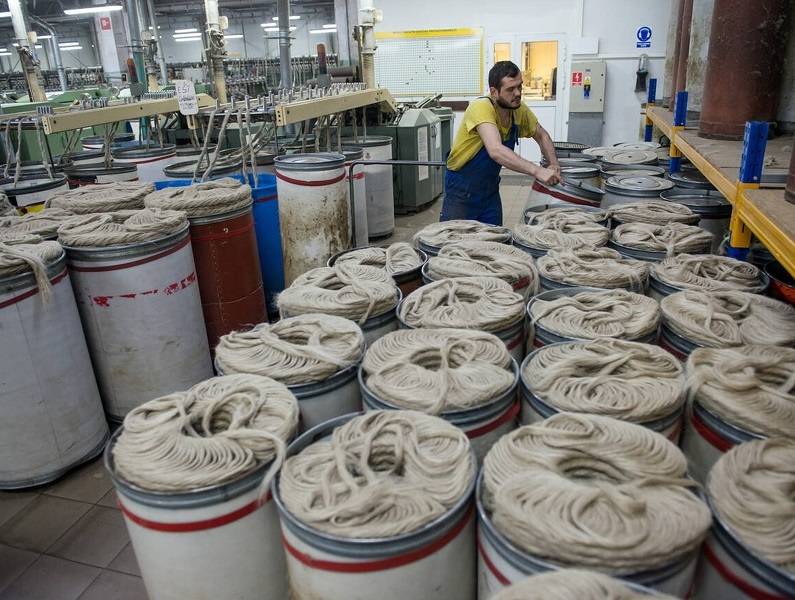
- Optimized for Resin Compatibility - Performs well with polyester, vinyl ester and epoxy resins. Absorbs resin effectively for strong fiber-matrix bonding.
- Supports Sustainable Manufacturing - Offers a low-carbon alternative to synthetic reinforcements without compromising structural performance.
- Natural Aesthetic & Texture (Optional) - Ideal for visible or semi-structural components where a natural look is desired alongside performance.
Common Applications of Flax in Pultrusion
Flax-based reinforcement materials are used in a wide range of pultruded composite products. They add strength, reduce weight and support a more sustainable manufacturing approach. Typical use cases include:
- Structural Profiles: Window frames, architectural trim and light framing systems requiring low-density reinforcement.
- Furniture Components: Reinforced chair backs, armrests and support bars that benefit from natural fiber texture and strength.
- Sporting Goods: Paddle handles, lightweight beams, or protective gear inserts made with flax-reinforced composite.
- Decorative Profiles: Visible or semi-structural components where natural fiber texture adds to product design.
- Eco-Friendly Panels: Panels for interior design, exhibition structures or green building applications.
- Structural Profiles: Window frames, architectural trim and light framing systems requiring low-density reinforcement.
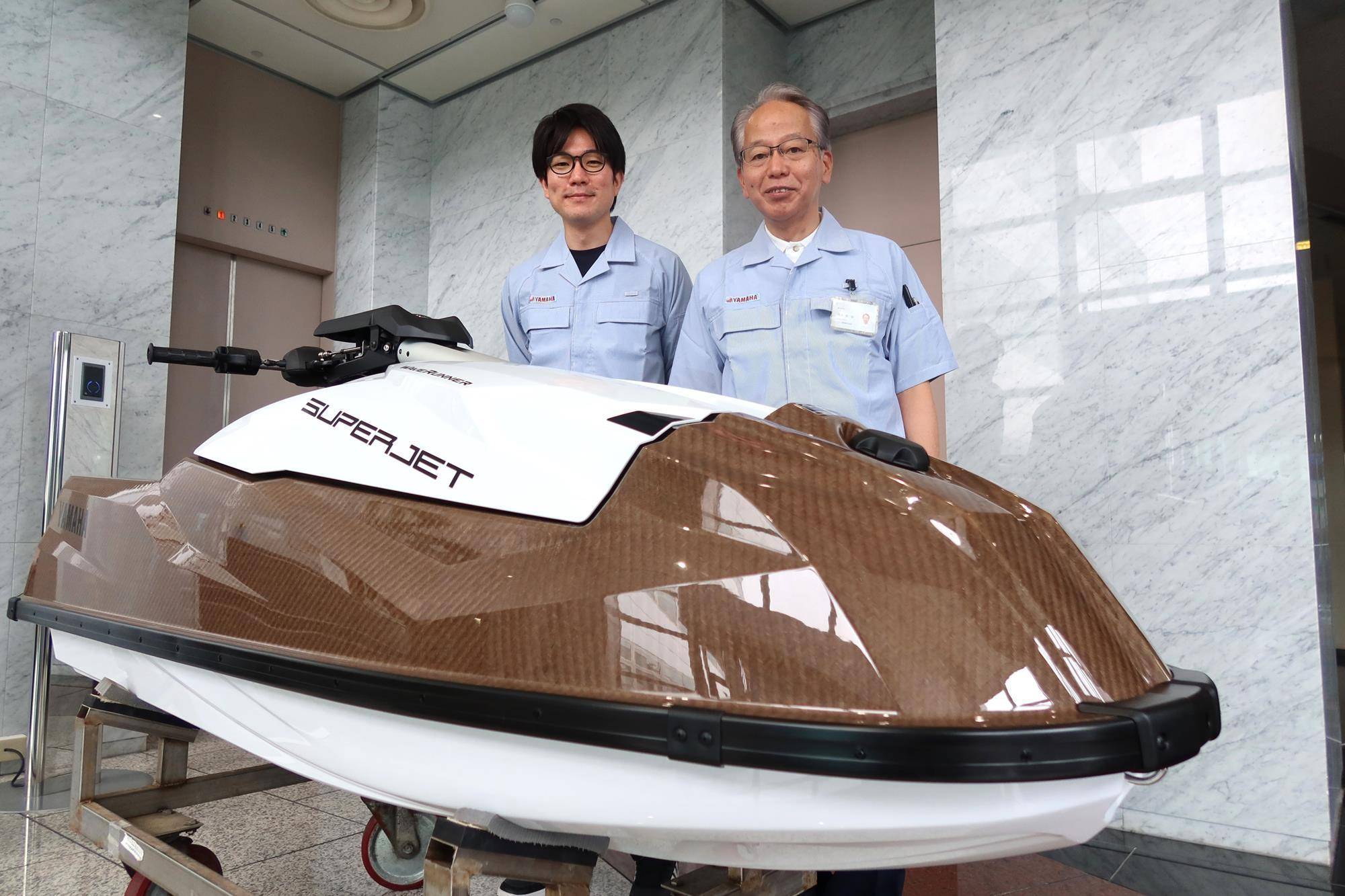
Yamaha explores use of flax-based composites in prototype PWC
- Furniture Components: Reinforced chair backs, armrests and support bars that benefit from natural fiber texture and strength.
- Sporting Goods: Paddle handles, lightweight beams, or protective gear inserts made with flax-reinforced composite.
- Decorative Profiles: Visible or semi-structural components where natural fiber texture adds to product design.
- Eco-Friendly Panels: Panels for interior design, exhibition structures or green building applications.
Advantages of Flax Over Synthetic Fibers:
Lower Environmental Impact - Flax is renewable, requires less energy to produce, and is naturally biodegradable. In contrast, glass and carbon fibers rely on resource-heavy processing and do not break down in the environment.
Lighter Material Weight - Flax fibers offer good mechanical performance at a significantly lower density, which helps reduce the overall weight of pultruded parts.
Health & Safety Benefits - Natural flax fibers are less abrasive and pose fewer inhalation risks during handling, unlike glass fibers which can cause skin and respiratory irritation.
Cost Efficiency in Certain Applications - While not suitable for high-load structural parts, flax can replace synthetics in panels, trim and other medium-strength components at a lower material and disposal cost.
Natural Look & Texture - Flax retains a subtle, organic texture that works well in decorative or visible composite profiles, adding design value without secondary finishing.
Lighter Material Weight - Flax fibers offer good mechanical performance at a significantly lower density, which helps reduce the overall weight of pultruded parts.
Health & Safety Benefits - Natural flax fibers are less abrasive and pose fewer inhalation risks during handling, unlike glass fibers which can cause skin and respiratory irritation.
Cost Efficiency in Certain Applications - While not suitable for high-load structural parts, flax can replace synthetics in panels, trim and other medium-strength components at a lower material and disposal cost.
Natural Look & Texture - Flax retains a subtle, organic texture that works well in decorative or visible composite profiles, adding design value without secondary finishing.
| Feature | Flax Fiber | Synthetic Fibers (Glass/Carbon) |
|---|---|---|
| Source | Natural, renewable crop-based | Petrochemical-based, non-renewable |
| Weight | Low density, reduces part weight | Higher density, increases part weight |
| Environmental Impact | Biodegradable, low energy production | High carbon footprint, not biodegradable |
| Safety Handling | Safe to handle, no skin or lung irritation | Can irritate skin and lungs |
| Surface Appearance | Natural texture, organic finish | Smooth, synthetic look |
| Ideal Use | Lightweight, eco-conscious composites | High-stress, structural applications |
Ordering, Samples and Business to Business Support
We work directly with textile manufacturers, fashion brands, R&D teams and sourcing agents to supply the right linen yarn or fiber input for your production line. If you are testing samples for fabric development or planning full-scale production, our team is ready to assist with reliable guidance and direct factory access.
Bulk Orders with Consistent Supply
Order by cone, bundle or full case. Ideal for high-volume production runs or recurring supply needs.
Product Sampling for R&D and Line Testing
Request small samples of any listed yarn, sliver or strick to test compatibility with your machines or workflow.
Technical Support
Receive detailed product specs, gauge/twist details and operational recommendations for weaving, knitting, or sewing.
Custom Packaging Options
Choose between cones, spools or bulk bundles depending on your operational setup. Private labeling is available for large accounts.
Contact Us: For bulk pricing, lead times, and sample availability:
Call: (760) 602-4864 (ext. 403 or 405) • Email:sales@hemptique.com
Frequently Asked Questions
Is flax strong enough for use in pultruded composites?
What types of resin systems work with flax reinforcement?
Flax performs well with common thermoset resins used in pultrusion, including polyester, vinyl ester, and epoxy. Its natural surface allows for good resin penetration and bonding.
Can these flax products run on standard pultrusion equipment?
Yes, our flax yarns, tow and slivers are compatible with conventional pultrusion setups. Single-ply yarn and aligned slivers feed smoothly into tensioning and resin impregnation systems without additional prep.
How should flax materials be stored before use?
Store in a cool, dry environment away from direct sunlight. Flax can absorb moisture, so sealed packaging or climate-controlled storage helps maintain material integrity and process stability.
What Nm sizes do you offer for yarn, and how do they differ?
We currently offer Nm 2.5 (thicker, 2.5 meters per gram), Nm 6 (medium, 6 meters per gram), and Nm 9.5 (lighter, 9.5 meters per gram) single-ply yarns. The higher the Nm number, the finer the yarn, each designed for different profile dimensions and resin ratios.
Can flax be blended with synthetic fibers in hybrid composite profiles?
Yes, many manufacturers combine flax with glass or carbon fibers to create hybrid profiles that balance sustainability, cost and performance. Flax helps reduce weight and environmental impact while still maintaining core strength from synthetic reinforcements.



